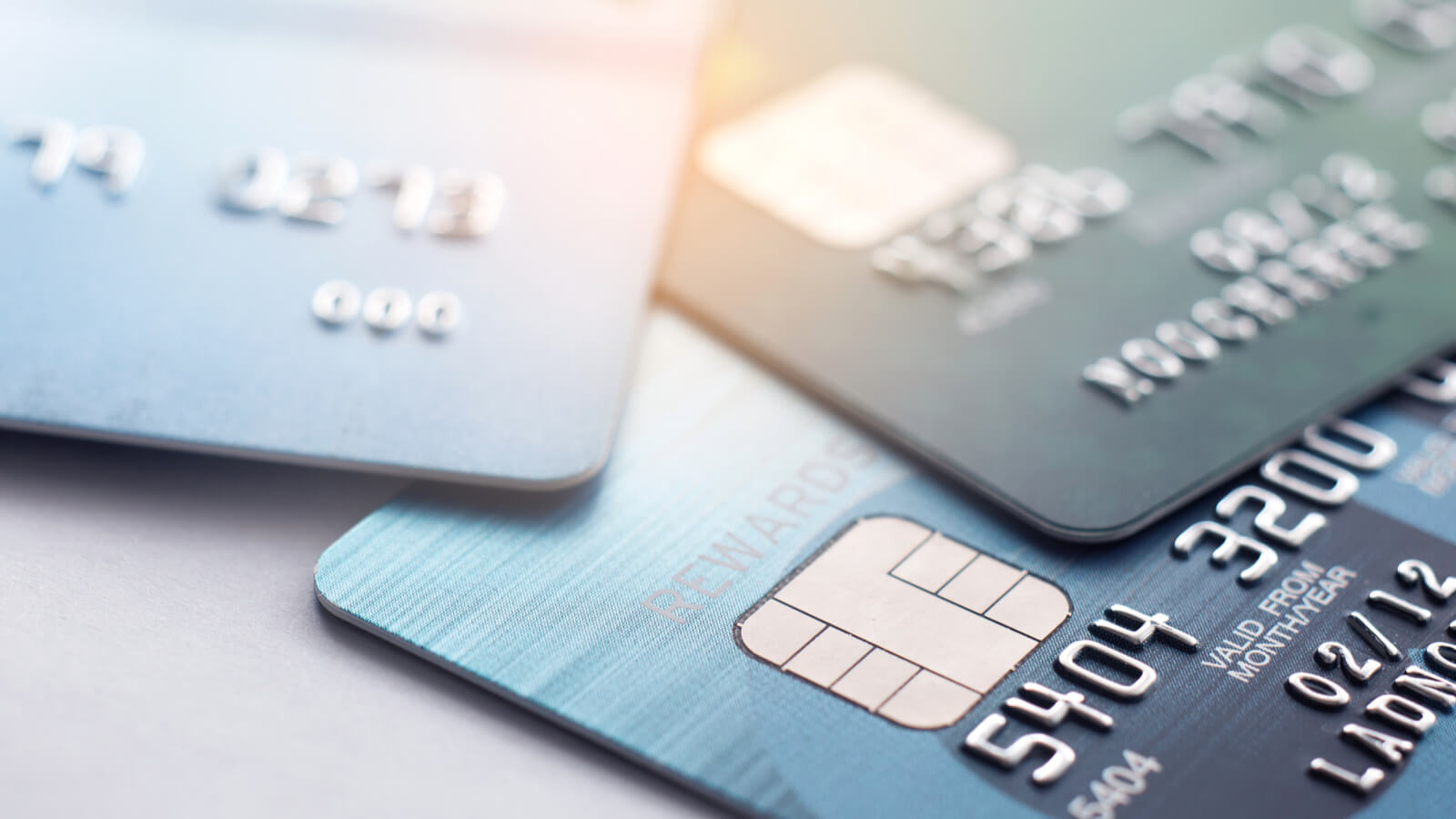When choosing business checking accounts, the best choice is based on your preferences and your business’ needs.
Using your personal checking account as your business checking account as well is like wearing dress shoes to go hiking. It gets messy — and you’ll learn the hard way that it doesn’t work.
Having a separate bank account from your personal accounts is crucial for good bookkeeping and a smooth tax season. So how do you choose the best bank account? The same way you pick out the best hiking boots — you narrow your options down based on your preferences, then choose one that gets the job done.
Some of the biggest factors you should consider are fees, technology and people. Some banks have a lot of small fees that can add up quickly. And bigger banks won’t give you the personal attention that smaller banks and credit unions will.
Before you start doing business with a bank, learn why you need to start as soon as possible and what else you need to look for.
Contents |
| Should I have a separate business bank account? |
| Options for business bank accounts |
| Features to look for in a bank account |
| What types of accounts you should open |
Should I have a separate business bank account?
The short answer is yes — every business, including holding companies and one-person businesses should open a bank account as soon as your EIN gets approved.
Here’s why: When tax season rolls around and you’re trying to make deductions, you need to distinguish deductible expenses from nondeductible expenses. That can become extremely tedious to do when your business meals are mixed in with your impulse Amazon purchases at 2 a.m.
It also makes it a lot harder for you or your bookkeeper to manage your books. Reconciling your bank statements and pulling financial reports like balance sheets and income statements is typically pretty easy with good accounting software. When you throw all of your personal expenses into the mix, you spend a lot of time cleaning up your books and picking out business expenses in order to do those things.
Whether you're doing that or your bookkeeper is, you’re losing money either way. If it’s you, cleaning up your books takes more time away from doing things that actually make you money. If it’s your bookkeeper, they’ll probably charge you more because of the extra time they took.
Opening a separate business checking account avoids all of those problems. Most banks allow you to apply online and in minutes.
Options for business bank accounts
There are plenty of bank options available for small business owners. Generally, you could classify them into two categories: big banks or smaller banks and credit unions.
One type isn’t better than the other, but they both have their strengths and weaknesses. The best choice for you depends on your needs and what you’re looking for.
Big banks
Going with a mainstream bank like Chase, Bank of America, and so many others is a very popular choice for small business owners. They’re typically great with tech and accessibility — and offer access to a lot of valuable tools and resources. But some small business owners would rather have a banker they can develop a working relationship with instead.
Here are the pros and cons of banking at a big bank:
- Pros: You’ll have access to easy-to-use apps and websites. Big banks have the resources to make sure their apps are intuitive and provide a good user experience. The same applies to their website — you can likely find answers to your questions there without having to speak to anyone.
- Cons: You probably won’t have a local go-to banker that gets to know you and your business. So when you experience a problem and need to talk to someone, you’ll probably have to talk to someone new each time. With a smaller bank or credit union, you likely won’t have that issue.
- Options: Chase, Wells Fargo, Capital One, Bank of America
Small banks and credit unions
While most small business owners opt to bank at a big bank, it’s not your only option. There are local banks and credit unions in Florida that may be a good fit for you. (Credit unions are like a bank, but they’re nonprofits and not everyone can work with one. Learn more about what credit unions are and the differences between credit unions and banks.)
- Pros: The biggest advantage of these is having a banker who you can consistently talk to. As they get to know you and your business better, they can find better ways to assist you. They also tend to have less fees and costs associated with them.
- Cons: You might not get the best experience with their website or apps. They’re primarily focused on face-to-face interactions — so you might not be able to do everything you want to do with their technology as easily as bigger banks can, like make transfers or deposit checks.
Features to look for in a bank account
Not sure if a big bank or a smaller bank is right for you? Compare each options’ fees, tech and people.
Fees
Fees are the biggest factor you should take into account when choosing the best business checking account. The seemingly small fees can add up quickly and end up hurting you. Small banks and credit unions typically charge less fees than big banks.
You should look out for annual fees, minimum balance fees or excess transaction fees. The less fees, the better. If you can’t find a bank or credit union that doesn’t have those, you should at least be aware of all the fees your bank has and do your best to avoid them. If you don’t, that could cost you more than you realize down the line.
And if a promotion for a bank account sounds too good to be true, it probably is. If there’s a long list of qualifications for a new account that’s full of great offers, those benefits usually don’t last long. Look at the fees, terms and conditions of your bank past the advertising you see so you don’t get burned by glitzy promotions.
Tech
Some banks have a lot better websites, apps and technology than others. Bigger banks tend to have easier-to-use tech than smaller banks and credit unions.
Bigger banks have bigger teams and more resources that make their tech easier to use. You can likely accomplish everything you need to through your phone via their apps or website. This is an important factor — because it may be inconvenient if you have to go to your local bank or credit union in-person if you want to get something done.
Some common functions that you should look for in your bank’s tech include accepting mobile deposits and transferring money between accounts.
The easier it is to electronically manage your expenses online, the easier it is to maintain organized books — which makes tax season a whole lot easier.
People
Many people would rather work with a banker they know and trust. If you’d rather pick up the phone and talk to someone if you have questions, then a small bank or credit union would likely be a better fit for you. Smaller bankers tend to develop a tighter-knit relationship with their clients where it’s normal to pick up the phone and resolve your issue quickly.
Bigger banks, on the other hand, won’t have someone you could reliably go to if something goes wrong. Whenever you have an issue, you’ll probably have to talk to someone new each time — if you can talk to anyone at all.
If you’re alright handling things on your own or online, a bigger bank is probably better for you. But if you’d rather have someone you know you could turn to when it comes to your money, a smaller bank or credit union is better for you.
What types of accounts you should open
After you find a bank you’re comfortable with, the next step is opening an account with them. This will likely function as your main account, or your operating account that’s dedicated to everyday expenses.
Having a separate business account is a huge step in the right direction. You’ll no doubt be thankful you did when tax season rolls around. But the end goal should really be to have three separate checking accounts with the bank you choose — an operating account, payroll account and reserve account.
This breakdown will explain what those are and why every small business owner should have them. If you can’t have all three, you should have at least an operating and payroll account.
Operating account
Your operating account is an account for everyday business expenses — supplies, invoices, food and more. This should act as your “main” account in a sense.
The operating account is the first account you should open. It’s where all income related to your business should be deposited into, and where all operating expenses are pulled from.
Payroll account
Your payroll account should solely be used to pay your employees. You don’t want your employees' pay to come out of any other account because paying your employees should be nonnegotiable. If your operating account doesn’t have enough money in it for whatever reason on payday, your employees might not be able to pay their bills.
You can link your payroll account to your payroll software so it automatically draws from there and you don’t have to worry about it. What you do have to worry about is making sure your payroll account always has more than enough funds in it for your next pay period. Ideally, your account should have at least three to four months of payroll on it.
Reserve account
The next account you should focus on building is your reserve account. This is treated like a savings account — but it should be set up as a checking account, not a savings account. (The reason why is because savings accounts often charge you fees for moving too much money in and out of them.)
You should take money out of this account for emergencies and rainy days. If you’re planning on making a big purchase for your business, this would also be the place you save money for it. For example, if you’re planning on leasing a new office or buying a new car for your business, you’d pay for it with your reserve account.
Bonus: Sales tax account
A bank account just for sales tax isn’t a necessity, but it is nice to have. Florida’s sales tax is 6 percent in most cases. So for each product or service you sell, not all of the money your customer or client gives you is yours. Putting money that belongs to the state of Florida in its own account helps you avoid spending it.
To do this, you can pull a sales tax report from the software you use to collect payment, like Square or Shopify. You can transfer however much your report says you owe from your operating account into your sales tax account. If you have a higher volume of transactions, you may need to do this daily. If not, you may opt to do it weekly or even monthly.
It won’t hurt you to pay your sales tax directly from another checking account. But placing your sales tax in its own account gives you a better idea of how much money is actually yours.
The bottom line
Once you get your EIN approved for your small business, you should immediately open a separate bank account. It’s crucial that you keep your personal finances separate from your business finances — even if your business doesn’t file a separate return.
When deciding which bank you should choose for your business accounts, take into account fees, tech and people. Bigger banks are typically best for people who don’t mind handling their finances on their own or online. Smaller banks and credit unions, however, are best for people who like to have someone they can talk to when they need help or something goes wrong. Florida has several of each type to choose from.
If you’re not sure how to open a business bank account or need guidance on which is the best for you and your business, schedule a free call with a DiMercurio Advisors team member today.








